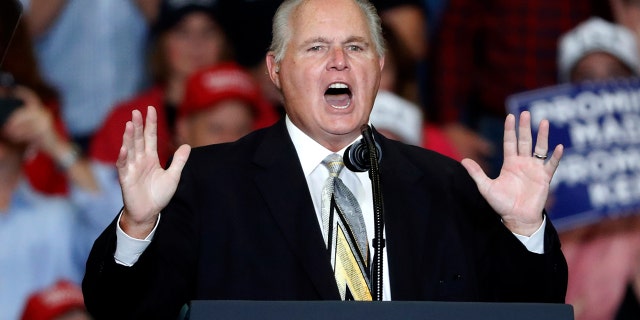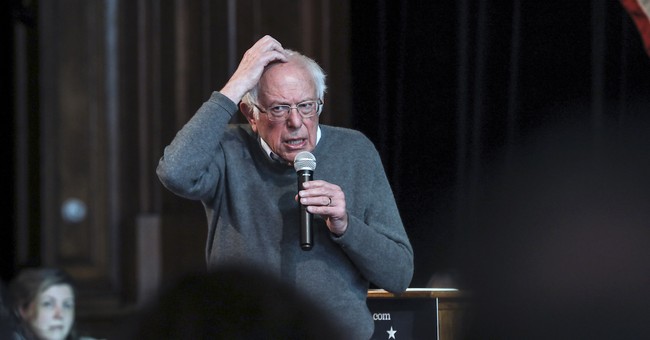Delays in Results of Iowa Caucuses Frustrate Campaigns
DES MOINES — Results from the Iowa caucuses were significantly delayed on Monday night, with campaigns expressing frustration at the lack of results and the state Democratic Party admitting that it was experiencing delays because of “quality control” checks on the data. The party is also releasing three new sets of data as part of the results, instead of the final delegate count, which could contribute to the wait times.
Around 10:30 p.m. Eastern time, the state party called a representative from each campaign to come to its headquarters, where the party would update them on the delays.
A spokeswoman for the state party said about 25 percent of the results had been reported as of about 11 p.m.
“We have experienced a delay in the results due to quality checks and the fact that the IDP is reporting out three data sets for the first time,” said Mandy McClure, a spokeswoman for the Iowa Democratic Party. She added that “early data indicates turnout is on pace for 2016.”
Reports from multiple county chairs said that they were struggling to use a new app that was commissioned to tabulate and report results, and were experiencing hold delays of up to an hour when calling into a phone hotline the party has used for decades.
The Floyd County chair said that he had three precincts completely unable to report results, trying both the app and the hotline. The caucus secretary for a precinct in Story County said he had been on hold for over an hour to report the results.
Earlier on Monday, reports that Iowa precinct chairs were struggling to use the app fueled conspiracy theories on social media and raised questions about how smoothly the high-stakes nominating contest would unfold.
Hours before the beginning of the contest, the headquarters of the Iowa Democratic Party received multiple calls from precinct chairs around the state reporting problems with the app.
The state party said at the time that nearly all of the calls were related to user-error problems, such as precincts in areas with bad cellphone service having problems downloading or logging into the app, or others simply asking about the app’s functionality. The party said then that it would not ultimately affect the reporting of results.
Yet those issues appeared to trigger speculation on Twitter, Facebook and other social media platforms that the app had been hacked, or that it was malfunctioning in a way that would benefit a certain candidate.
“One of the risks of introducing apps like this, and new technology more generally, into elections, is that problems occur, as they inevitably do,” said Matt Blaze, a professor of computer science and law at Georgetown University who studies election security. He added that while the problems could be malicious or just technical glitches, they added fuel to speculation that elections were not secure. “People might see this as evidence that the whole system is rigged and not vote at all. And that is the most tragic outcome.”
The rapid escalation of rumors and confusion across social media represents an early test for a Democratic Party still grappling with the effects of disinformation in elections as the party enters a critical stage of the 2020 primary race. Though the Democratic National Committee has devoted resources and has hired outside experts to help combat disinformation ahead of the 2020 election, multiple recent elections, including the Kentucky governor’s race in November, have been targeted by malicious campaigns.
Before the Iowa caucuses, officials at the D.N.C. and outside experts both cited disinformation as the greatest threat to the security of the caucuses. In the months leading up to caucus day, the D.N.C. held biweekly trainings and sessions with state officials on combating disinformation. This week, the national party sent multiple security officials to Iowa to monitor the threat.
Earlier on Monday, state party officials had emphasized that there would be no delays with results because of reported problems with the app.
“The I.D.P. is working with any precinct chairs who want to use the optional tabulation application to make sure they are comfortable with it,” Ms. McClure, the Iowa Democratic Party spokeswoman, said in a statement. “We’ve always been aware that many precinct chairs prefer to call in results via a secure hotline, and have systems in place so they can do so.”
Though a mobile app was used in the 2016 caucuses, the state party chose a new vendor and app for 2020 to submit results electronically. For months, the party has been holding in-person training sessions around the state to help precinct chairs get comfortable with the app.
But the Iowa Democratic Party, knowing that some of its precinct chairs have been running caucus locations for years based on a pen-and-paper system, kept open other lines for reporting, including the same phone-based hotline that has been used for years. The party also introduced a new preference card system for the caucuses that would create a rough paper trail.
The new app was designed to improve the speed and efficiency of reporting election results, and was tested by law enforcement and security officials. But details of the app, including the type of security it uses, its basic structure and even its name, were a closely held secret by Democratic officials, leading to rumors and confusion over how, exactly, the app functioned.
“The idea of keeping an app — particularly one that is going to be used by thousands of people at a public event — secret is really a fool’s errand,” Mr. Blaze said.
Serious attackers, Mr. Blaze said, would have no trouble finding or identifying an app that had been deployed to so large a group. Secrecy, he added, only prevented cybersecurity experts and outside parties who could help Democratic officials by scrutinizing the app and offering guidance on how to secure it.
Doubts over the app on social media began to surface last week, when news reports revealed that the app had been shared with precincts across Iowa. With little other information to go on, some candidates’ supporters began circulating rumors on Twitter, Facebook and other social media platforms falsely claiming that the app was a ruse to allow the Democratic Party to secretly boost its candidate of choice.
Tweets claiming that results from certain districts, or for certain candidates, would be erased from the app were quickly shared, despite being debunked.
Democratic officials have struggled to contain other viral claims of voter fraud in the Iowa caucuses.
A widely disputed tweet and video by the nonprofit conservative group Judicial Watch claimed that eight Iowa counties had more caucusgoers registered to vote than actual caucusgoers in their districts. The tweet and video were dismissed by Paul Pate, the Iowa secretary of state, who posted a link to the county-by-county voter registration guide.
“They are updated monthly and available online for everyone to see,” he wrote on Twitter.
Facebook said it would not remove the video, but referred it to fact checkers. Neither Twitter nor YouTube responded to a request for comment, but as of Monday evening the video was available on all three social media platforms and had been viewed tens of thousands of times.
Social media companies have largely taken the position that they will only remove content that tries to suppress voters, such as by giving a false date or location for voting.
On the ground in Iowa, state party officials were using Twitter and other social channels to call attention to potential disinformation and to ask the public for help in identifying it.
“Reminder to folks on caucus day: if you see ANY misleading information, we want to know about it,” Kevin Geiken, the executive director of the Iowa Democratic Party, wrote on Twitter. “Email disinfo@iowademocrats.org or reply to this thread and we’ll investigate ASAP!”
Nick Corasaniti reported from Des Moines, and Sheera Frenkel from San Francisco.











